Navigating the complexities of family law can be overwhelming, especially in Riverside where the stakes often feel personal. I’ve seen firsthand how family law courts play a crucial role in resolving disputes, from custody arrangements to divorce proceedings. Understanding the Riverside Family Law Court system can make a world of difference when facing these challenges.
In this article, I’ll explore what to expect when dealing with the Riverside Family Law Court. Whether you’re seeking legal advice or simply want to know more about the process, I aim to provide insights that empower you. Let’s dive into the essential aspects of family law in Riverside and how it impacts families like yours.
Key Takeaways
- Riverside Family Law Court is crucial for addressing family-related legal disputes such as divorce, child custody, child support, domestic violence, adoption, and guardianship.
- Understanding the court’s location, facilities, and types of cases can significantly aid individuals in navigating the legal process effectively.
- Familiarity with legal procedures, including filing for divorce and initiating child custody disputes, is essential for achieving favorable outcomes in court.
- Various resources like legal aid services and mediation programs are available to families, offering support and guidance throughout legal proceedings.
- The court’s outreach initiatives enhance community engagement, providing education on crucial topics that empower families to resolve conflicts collaboratively.
- Prioritizing the best interests of children is a key focus in custody disputes, highlighting the importance of understanding legal criteria that influence custody arrangements.
Riverside Family Law Court
Riverside Family Law Court plays a crucial role in resolving family-related legal disputes. Understanding its location, facilities, and types of cases handled provides insight into navigating this essential system.
Location and Facilities
Riverside Family Law Court is located at 4050 Main Street, Riverside, CA 92501. The court is part of the Riverside Superior Court system, which serves the county. Facilities include multiple courtrooms, private consultation rooms for attorneys and clients, and accessibility services for individuals with disabilities. It also offers resources such as waiting areas, information desks, and public access terminals.
Types of Cases Handled
Riverside Family Law Court handles various cases, including:
- Divorce Cases
Divorce cases address the dissolution of marriage, including property division, spousal support, and legal separation. - Child Custody and Visitation
Child custody and visitation cases establish the legal guardianship and visitation rights of parents involved in custody disputes. - Child Support
Child support cases determine financial obligations of non-custodial parents to support their children’s needs. - Domestic Violence Restraining Orders
Domestic violence cases provide protective orders to individuals facing abuse or threats from family members or intimate partners. - Adoption
Adoption cases involve the legal process of establishing a parent-child relationship between an adoptive parent and a child. - Guardianship
Guardianship cases grant legal authority to a caregiver regarding minors or incapacitated adults, addressing their care and welfare.
Understanding these case types helps individuals prepare for the family law proceedings they may encounter in Riverside.
Legal Processes in Riverside Family Law Court
Navigating the legal processes in Riverside Family Law Court requires familiarity with specific procedures, especially in divorce and child custody matters. Understanding these processes can significantly impact the outcome of cases.
Filing for Divorce
Filing for divorce in Riverside involves several steps. First, I need to complete and file the necessary paperwork, including a Petition for Dissolution of Marriage. This petition outlines the reasons for the divorce and details about any shared assets or children. After filing, I must serve the divorce papers to my spouse, which informs them of the proceedings.
Next, my spouse has 30 days to file a response. If they respond, the court schedules a hearing to address any disputes. In cases without disputes, couples can use the Default Judgment option if one spouse fails to respond. Attending a mandatory court orientation session may also be required for specific situations, ensuring I understand the available resources.
Child Custody Disputes
Child custody disputes often arise during divorce proceedings. In Riverside, the court prioritizes the best interests of the child, evaluating several factors, including the child’s age, emotional ties to each parent, and the stability of each parent’s living situation.
To initiate a custody dispute, I need to file a Request for Order, which details my custody preferences. The court sets a hearing date where both parents present their case. Mediation may also occur prior to the hearing to encourage amicable resolutions. If mediation fails, the court issues a custody order, determining legal and physical custody arrangements based on factors that support the child’s welfare.
Understanding these processes helps facilitate a smoother legal experience, focusing on the best outcomes for families involved.
Resources Available to Families
Riverside offers various resources for families navigating the complexities of family law. These resources provide essential support and guidance during legal proceedings.
Legal Aid Services
Legal aid services in Riverside provide assistance to low-income families needing legal representation. Organizations like the Inland Counties Legal Services offer free or reduced-cost legal consultations and can aid in matters like custody, divorce, and domestic violence. I recommend contacting these organizations early in your legal journey to explore your options and understand your rights.
Counseling and Mediation
Counseling and mediation services play a crucial role in resolving family disputes amicably. Riverside provides access to court-connected mediation programs that specialize in child custody and visitation issues. Mediation allows families to work collaboratively towards mutual agreements, reducing the emotional and financial burden of court trials. I suggest considering these services before pursuing litigation to foster a more positive outcome for all parties involved.
Community Impact of Riverside Family Law Court
The Riverside Family Law Court plays a crucial role in supporting families and fostering community resilience. Its influence extends beyond legal decisions, impacting families’ well-being and access to essential resources.
Support for Local Families
Riverside Family Law Court provides vital support for local families navigating legal challenges. Family law facilitators assist individuals with paperwork, ensuring they understand their rights. Programs like court-appointed mediation reduce conflict and promote collaborative solutions, allowing families to reach agreements without prolonged litigation. These resources aim to alleviate the emotional toll of disputes, fostering healthier family dynamics.
Outreach Programs
Outreach programs conducted by the Riverside Family Law Court enhance community engagement and awareness. Workshops address topics such as parenting plans, child support obligations, and domestic violence prevention. By partnering with local organizations, the court promotes educational resources that empower families with knowledge. These outreach initiatives not only strengthen community ties but also equip families with tools for effective conflict resolution, contributing to overall social stability.
Empowering Individuals
Navigating the Riverside Family Law Court can feel overwhelming but understanding the process makes a significant difference. I’ve seen firsthand how knowledge empowers individuals to advocate for their rights and make informed decisions.
Utilizing available resources like legal aid and mediation services can ease the burden during challenging times. The court’s focus on community support and conflict resolution highlights its commitment to fostering healthier family dynamics.
Whether you’re facing a custody battle or a divorce, remember that you’re not alone. With the right information and support, you can navigate these waters more confidently and work towards a positive outcome for your family.



